Zero Waste Kitchen Tips & Reducing Waste
With growing concerns over global warming and climate change, it is becoming increasingly important to reevaluate the impact we are having on the planet as a result of how much waste we produce. Leading a zero waste lifestyle is one of the best ways to counter this, especially in our kitchens, which contribute to the majority of waste produced in our households!
Here at Jungle Culture, we have already covered a wide range of topics including tips on achieving a zero waste bathroom, and how to introduce more sustainable homeware into your day-to-day lives,but we decided it was time to write about our favouritezero waste kitchen tips to fuel your inspiration on the run up to Christmas!
Clean home, clean planet. What is a sustainable kitchen?
While the term zero-waste can seem daunting and unachievable, in reality it can actually be quite simple. There is also the misconception that your zero waste journey can be more expensive, but the reality is that by investing into more sustainable alternatives, you can save more money in the long run! It's a marathon, not a sprint!
It is also important to remember that it is nearly impossible to be 100% waste free, but by making just a few lifestyle changes we can drastically reduce the amount of waste produced in the kitchen, and our overall negative impact on the environment!
So, without further ado, here are some ways you can make a more sustainable kitchen and turn zero waste into a realistic lifestyle habit.
How to Reduce Waste in the Kitchen
The way we clean and maintain our kitchen spaces can also greatly affect how much waste we produce in our kitchens. Luckily there are small steps we can take in order to clean with zero waste in mind.
For example, we don’t normally give a second thought to water wastage; leaving the tap running while we walk around the landing with our toothbrush in our gob, washing up by hand, boiling a full kettle for one cup of tea. The list is endless.
If we focus on washing up for example. How much water do we waste trying to rinse off and scrub at those particularly stubborn food particles? There are small ways we can reduce water wastage in our everyday cleaning habits. First of all - start by making sure you wash those dishes as soon as possible before the leftover food particles have a chance to dry on the plate, making them more difficult to remove. It's probably the last thing we feel like doing after a large meal with the sofa beckoning us to come and relax, but it only take a minute and make make a considerable difference!
Eco Friendly Washing Up
Secondly, before washing the dishes, scrape that food off the plate to save the unnecessary water you would waste trying to rinse it off. To assist you with your food scrubbing woes, use a handy eco dish brush made from natural plant based fibres instead of plastic.
One of the major ways that washing up produces harmful waste, is the amount of toxic plastic waste created through excessive use of disposable plastic cleaning utensils. How many plastic sponges and brushes do we go through and chuck? Apparently around 400 million each year in the UK! And they are all usually made from non-recyclable plastics, and so end up in landfills or our oceans causing a vast amount of harm to ecosystems and our planet.
Thankfully there are ways to remedy this, and they involve making sustainable swaps when considering the zero waste kitchen products we choose to clean with. A sustainable alternative could be Jungle Culture's dish brushes for washing up.
The set includes a natural coconut fibre bamboo cleaning brush, bottle brush, and natural hemp cloth to clean fragile glassware. With wooden cleaning brushes like ours, you can simply compost or recycle them once it’s time to throw them away, as they are 100% organic, natural and biodegradable.
How to build a zero waste home
It is also possible to reduce plastic waste in our cleaning habits by reducing the number of cleaning products we buy; is it necessary to buy a new plastic bottle every time? Opt for refillable cleaning sprays and products - or better still, why not make your own natural cleaner! Baking soda, lemon and vinegar all work great as natural, effective and odour reducing cleaning products, and best of all are sustainable and affordable as you are using ingredients you likely already have!
Zero Waste Pantry Organisation & Getting Creative!
Avoid plastic waste further in your kitchen by changing how you store your food! You may have already seen those Instagram shots of those #pantrygoals and thought 'they look great!'. Well now's the time to get creative with your very own zero waste kitchen!
Use glass containers, jars and dishes to store leftover foods instead of plastic Tupperware. You can collect old jars and containers like pasta sauce bottles, jam jars etc and reuse them to store spices, nuts and herbs.
Zero Waste Pantry Goals
Instead of using plastic containers to store your leftover food, find items in your kitchen that can be repurposed, or better still, multi (multi)-purposed! Our eco friendlycoconut bowls can be used for almost anything and are not just a pretty face when it comes to making smoothie bowl recipes! They also fit the bill for storing those leftovers, and you can reduce plastic waste further by using a plate to put on top instead of plastic wrap or cling film. This means that not only are you able to cut down on waste, but actually you are making the items you have even more sustainable by using them for different purposes, thus cutting down on unnecessary purchases in the process.
Most large supermarkets now include a bulk section which ranges from small, to quite extensive selections (which we love!). If you're considering becoming a budding eco entrepreneur and starting your own zero waste store, why not check out this article which explains that very process in granular detail!
How to Achieve a Waste Free Kitchen
A huge area of contention that results in wastage in the kitchen is due to obscene amounts of food waste - it is estimated that approximately a whopping 900 million tonnes of food is wasted every year. Not only is this a waste of the earth’s precious resources, it is also directly harming our planet by ending up in our landfills unnecessarily. There are few things we can do in order to achievewaste free cooking,and significantly reduce, if not eradicate food waste in our kitchens.
A great first step is to start meal prepping for the week in advance. This can not only help you save a lot of time, but it can also ensure you’re only using and cooking with ingredients you need, which means you’ll shop more consciously, ultimately reducing wastage and leftovers.
How to reduce waste in the kitchen?
Utilising your leftovers! We know, we know - it's boring eating the same thing twice in a row, and that means leftovers often go forgotten at the back of the fridge, but this doesn't have to be the case! Try repurposing the food you couldn't eat the first time around the following day for a second meal. By being a little resourceful you can ensure that your food is not wasted.
Zero Waste Cuisine!
In this same way, a lot of food we consider waste in the kitchen such as vegetable peels and scraps can actually be repurposed and used as ingredients in plenty of other dishes! For example, using vegetable scraps and peels, you can create a delicious vegetable stock, and with some vegetable peels such as courgettes (zucchini), you can actually cook and eat them! You can even dry some fruits and turn them into potpourri. Coconut bowls are a great example of repurposing normally discarded components of popular food items. After removing the meat, milk and oil from the coconut, the husks are then transformed into beautiful eco-friendly bowls by skilled artisan craftsmen.
Waste not, Want not; Zero Waste Shopping Habits
We create a lot of unnecessary waste in our homes, especially in our kitchens from the way that we shop. How many gimmicky gadgets are we swayed into buying that we end up using no use more than once? Or how many of us in the past have purchased kitchen items purely from an aesthetic point of view, only for them to then gather dust and result in being thrown, or given away? We can cut out a lot of unnecessary waste by being more mindful and responsible about what we purchase, and this means buying fewer items and using what we already have at home.
Another great zero waste kitchen hack is to ensure that when we buy, we buy sustainable, durable and eco-friendly items that can be reused again and again. Opt for wooden cutlery or bamboo utensils instead of plastic so that they can be recycled or composted easily.
Our sustainable homeware collection also includes coconut cups, and cups made from bamboo. Non-sustainable materials such as plastic may seem low maintenance in comparison to bamboo and wooden alternatives, but if cared for and maintained properly, your wooden items can be used for a very long time. Once they do finally come to the end of their life cycles, they can easily be disposed of, recycled or composted!
You can read more on the benefits ofwooden utensils here.
Be Practical, Be resourceful, Be Mindful
In summary, cultivating zero-waste habits, and by extension, a zero-waste lifestyle, is about being resourceful with as little as you can, as well finding practical and easily replicable and sustainable actions.
You are more likely to sustain a habit if you are able to be consistent with it for a long period of time. That compounding effect can help shape a powerful mind, and it's by using our minds that we can achieve great thing for both us and the planet.
Thanks for reading and good luck with your very own zero waste lifestyle!
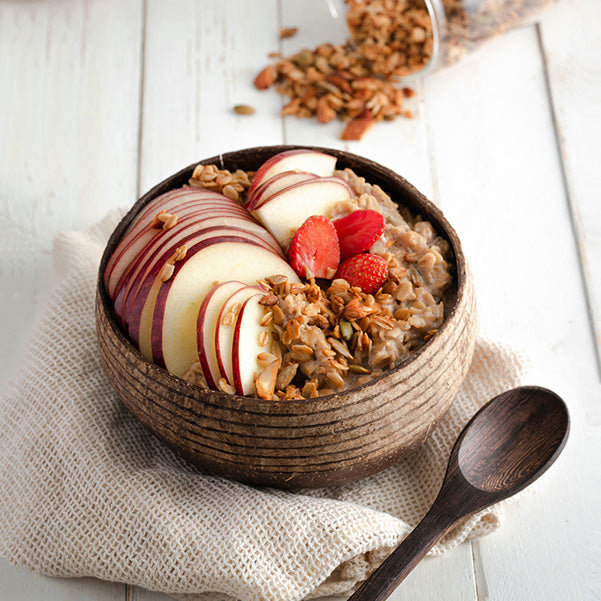
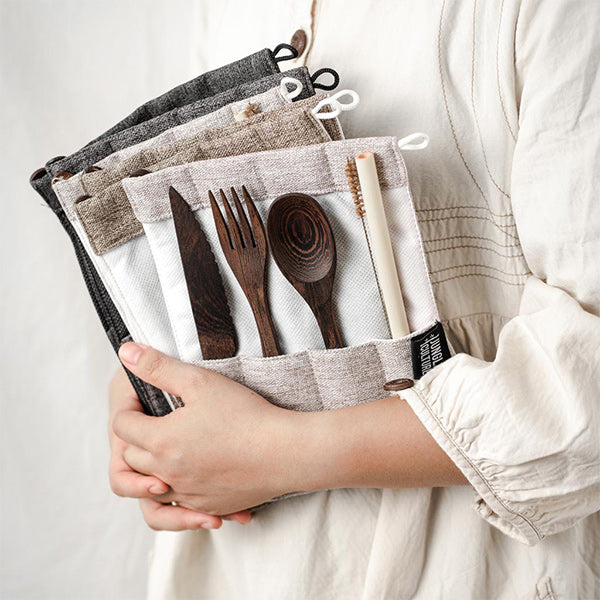
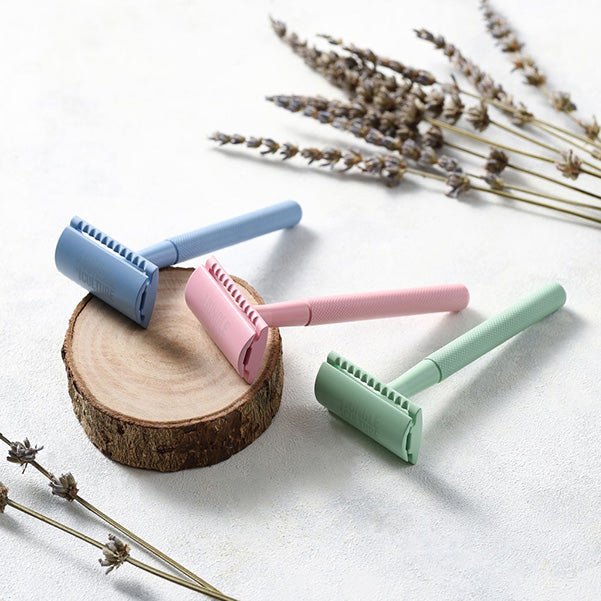
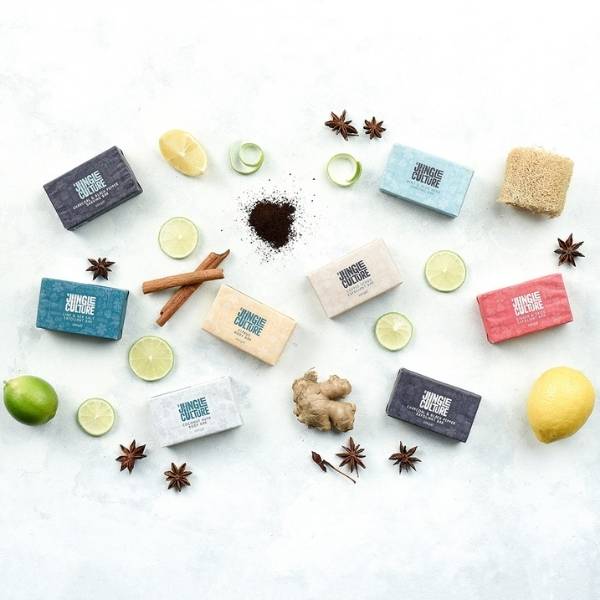
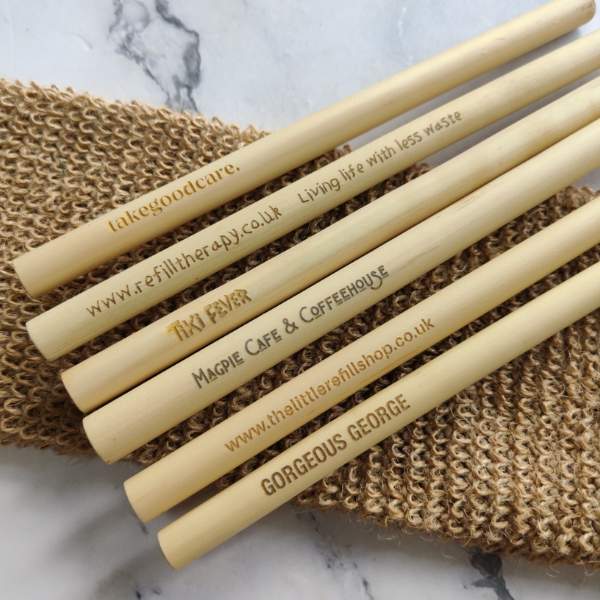



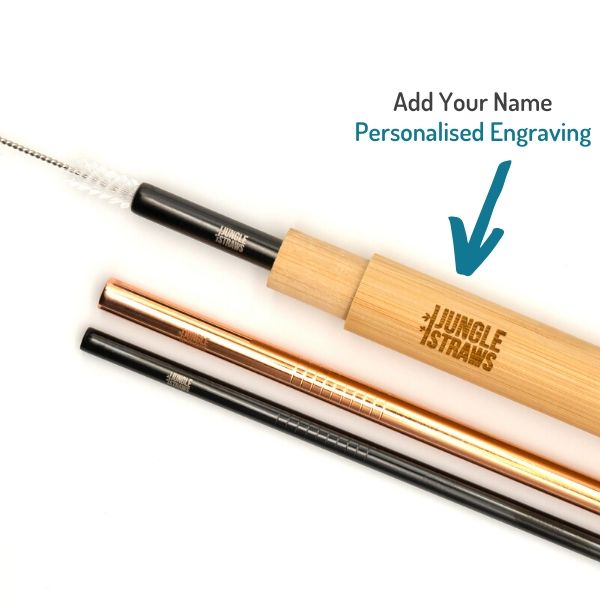







Jodie Sutherland
December 21, 2021
Hi there,
I wanted to reach out & see if you’d like to do a social media competition with us?
We’re about to release a brand new range of snacks which is packed in tin packaging that’s infinitely recyclable & reusable & we think our offering together would make a great prize for our followers.
Do let me know if this is something you’d be interested in.
Thanks very much,
Jodie